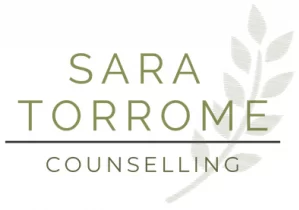When we lose someone we love, it can feel like our world has been turned upside down. The familiar routines and structures of our daily lives may suddenly seem meaningless or overwhelming. In my experience as a counsellor in Beaconsfield, I've seen how rituals can provide a sense of comfort and purpose during these difficult times. If you're navigating grief and feeling lost, understanding the role of rituals might offer you a helpful pathway forward.
Rituals, whether traditional or personal, play a significant role in the grieving process. They provide a structured way to express our emotions, honour our loved ones, and make sense of our loss. These rituals can take many forms, from formal funeral services to more personal acts of remembrance.
One of the key benefits of rituals is that they give us permission to grieve. In our busy, often emotionally guarded society, setting aside time for a ritual allows us to fully acknowledge our loss and connect with our feelings. This can be particularly helpful if you're struggling to process your grief or feeling pressure to "move on" too quickly.
Rituals also help us maintain a connection with the person we've lost. This might involve visiting a special place, preparing their favourite meal, or continuing a tradition they loved. These acts can bring comfort and a sense of ongoing connection, even as we adjust to life without our loved one's physical presence.
Moreover, rituals can provide a sense of control during a time when everything feels chaotic. The act of planning and carrying out a ritual can give us a focus and a way to channel our grief productively. This might be as simple as lighting a candle each evening or as involved as organising a memorial event.
It's important to remember that there's no "right" way to create or participate in rituals. What matters is that the ritual feels meaningful to you. Some people find comfort in traditional religious or cultural practices, while others prefer to create their own personal rituals. Both are equally valid and can be equally healing.
Rituals can also evolve over time as our grief changes. What feels right in the immediate aftermath of a loss might be different from what brings comfort months or years later. Be open to adapting your rituals as needed, and don't be afraid to try new ways of honouring your loved one.
If you're struggling to find rituals that resonate with you, or if you're feeling stuck in your grief journey, reaching out for support can be incredibly helpful. As a counsellor specialising in grief support in Beaconsfield, I'm here to help you explore ways to honour your loved one and navigate your grief in a way that feels right for you.
Remember, rituals are tools to support your grief journey, not obligations or tests. Be gentle with yourself as you explore what works for you. There's no timeline for grief, and there's no one-size-fits-all approach to rituals. Your way of remembering and honouring your loved one is unique and valid, just as your relationship with them was.
